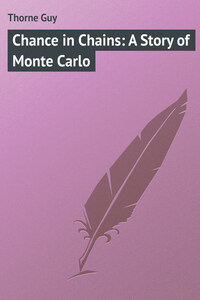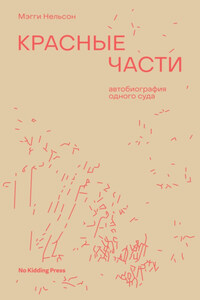CHAPTER I
AN INCIDENT BY WAY OF PROLOGUE
Mr. Hinchcliffe, the sexton, looked up as Mr. Philemon, the clerk, unlocked the great gates of open ironwork which led into the street. Hinchcliffe was cutting the lettering on a tombstone, supported by heavy wooden trestles, under a little shed close to the vestry door of the church.
The clerk, a small, rotund man, clerical in aspect, and wearing a round felt hat, pulled out a large, old-fashioned watch. "Time for the bell, William," he said.
The parish church was a large building in sham perpendicular. It stood in a very central position on the Manchester main road, rising amid a bare triangle of flat gravestones, and separated from the street pavement only by high iron railings.
It was about half-past four on a dull autumn afternoon. The trams swung ringing down the black, muddy road, and the long procession of great two-wheeled carts, painted vermilion, carried coal from the collieries six miles away to the great mills and factories of Salford.
The two men went into the church, and soon the tolling of a deep-voiced bell, high up in the pall of smoke which lay over the houses, beat out in regular and melancholy sound.
Inside the building the noise of the traffic sank into a long, unceasing note like the bourdon note of a distant organ.
Hinchcliffe tolled the bell in the dim, ugly vestibule with his foot in a loop in the rope, sitting on the chest which held the dozen loaves which were given away every Sunday to the old women in the free seats.
The clerk opened the green baize swing-doors and strode up the aisle towards the vestry, waking mournful echoes as the nails in his boots struck the tiled floor.
Saint Thomas's Church, the mother church of Walktown, was probably the ugliest church in Lancashire. The heavy galleries, the drab walls, the terrible gloom of the vast structure, all spoke eloquently of a chilly, dour Christianity, a grudging and suspicious Sunday religion which animated its congregation.
In the long rows of cushioned seats, each labelled with the name of the person who rented it, Sunday by Sunday the moderately prosperous and wholly vulgar Lancashire people sat for two hours. During the prayers they leaned forward in easy and comfortable concession to convention. Few ever knelt. During the hymn times they stood up in their places listening carefully to a fine choir of men and women – a choir which, despite its vocal excellence, was only allowed to perform the most stodgy and commonplace evangelical music.
When the incumbent preached he was heard with the jealous watchfulness which often assails an educated man. The renters of the pews desired a Low Church aspect of doctrine and were intelligent to detect any divergence from it.
The colour of the building was sombre. The brick-red and styx-like grey of the flooring, the lifeless chocolate front of the galleries, the large and ugly windows filled with glass which was the colour of a ginger-beer bottle, had all a definite quality of cheerless vulgarity.
Philemon came out of the vestry door with a lighted taper. He lit two or three jets of the corona over the reading-desk. Then he sat down in a front pew close to the chancel steps and waited.
The bell outside stopped suddenly, and a tall young man in a black Inverness cape walked hurriedly up the side aisle under the gallery towards the vestry.
In less than a minute he came out again in surplice, stole, and hood, – the stole and hood were always worn at Walktown, – went to the reading-desk, and began to say Evensong in a level, resonant voice.
At the end of each psalm Mr. Philemon recited the doxology with thunderous assertion and capped each prayer with an echoing "Amen."
The curate, Basil Gortre, was a young fellow with a strong, impressive face. His eyes had the clearness of youth and looked out steadily on the world under his black hair. His face was of that type men call a "thoroughly honest" face, but, unlike the generality of such faces, it was neither stubborn nor stupid. The clean-shaven jaw was full of power, the mouth was refined and, artistic, without being either sensual or weak.
During the Creed he turned towards the east, and the clerk's uncompromising voice became louder and more acid as he noticed the action; and when the clergyman, almost imperceptibly, made the sign of the Cross at the words "The resurrection of the body," the old man gave a loud snort of disapprobation.
In deference to the congregation on Sundays, and at the wish of his vicar, Gortre omitted these simple signs of reverence. But alone, at Matins or Evensong, he followed his usual habit.
During the last low prayers, as dusk crept into the great church, and the clank and bells of the trams outside seemed to be more remote, a part, indeed, of that visible but not symbolic ugliness which the gloom was hiding, a note of fervour crept into the young man's praying which had only been latent there before.
He was reading the third collect when the few gas jets above his head began to whistle, burnt blue for a few seconds, and then faded out with three or four faint pops.














